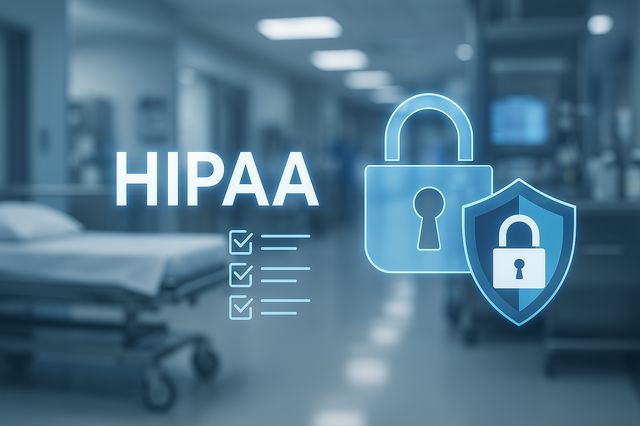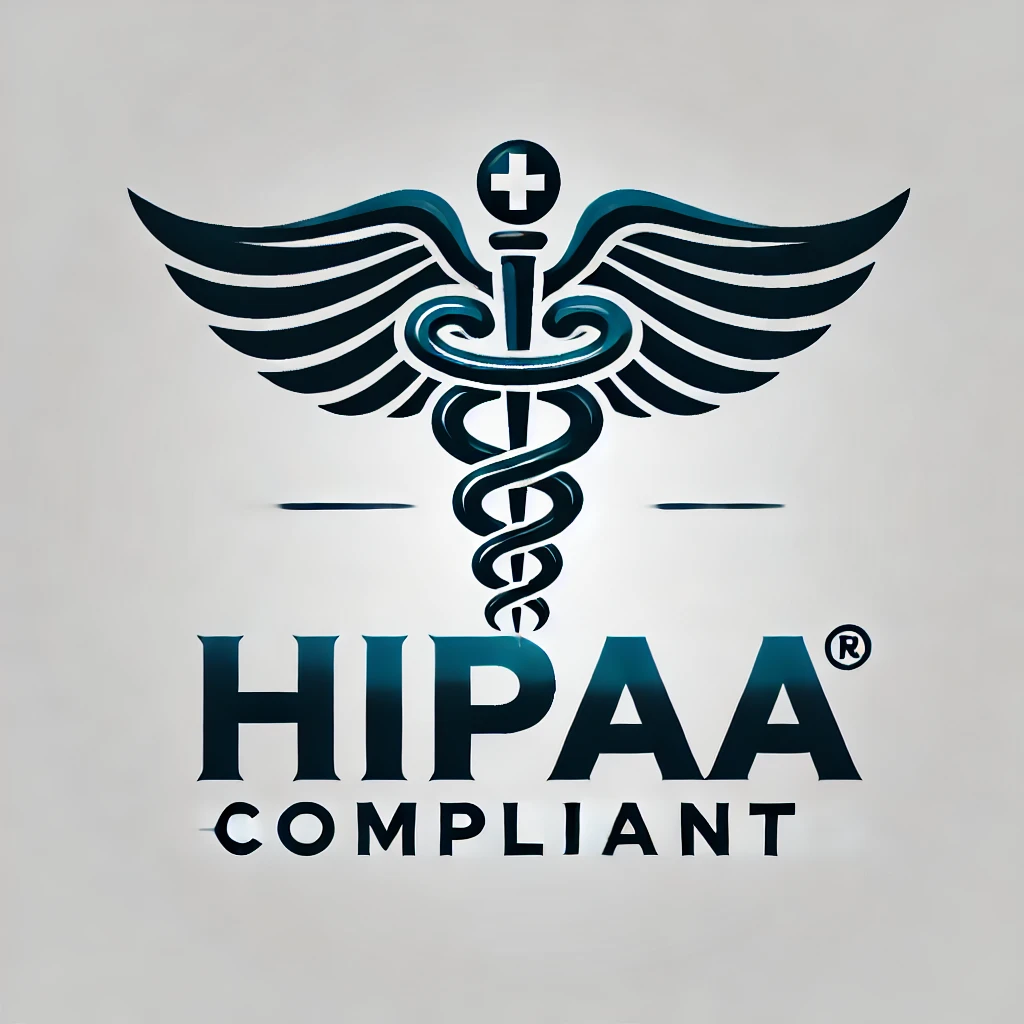Reading Time: 7 minHIPAA is the U.S. federal framework that protects health data. It sets national privacy and security rules for handling PHI/ePHI, requires risk-based safeguards, and enforces violations with civil and criminal penalties applying to covered entities and their business associates. HIPAA is no longer a healthcare formality it’s a strategic test of leadership, accountability, and digital trust.In 2025, executives who treat compliance as an asset not a burden build the kind of resilience that defines long term success. Data protection isn’t a checkbox; it’s an expression of integrity. When Regulation Becomes…
Read MoreTag: HIPAA Compliance
HIPAA Compliance Challenges | A CISO’s Guide to Readiness & Risk Mitigation
Reading Time: 3 minThe High Stakes of HIPAA Compliance With healthcare organizations handling vast amounts of Protected Health Information (PHI), compliance with the Health Insurance Portability and Accountability Act (HIPAA) is critical. However, many organizations struggle with privacy, security, and breach notification requirements, leading to costly violations and legal repercussions. A study from the Department of Health and Human Services (HHS) highlights that smaller healthcare entities are particularly vulnerable to HIPAA deficiencies, exposing them to severe financial penalties and reputational damage. In this article, we’ll explore the key challenges organizations face in HIPAA…
Read MoreUS Department of Health Launches National Cybersecurity Initiative for Healthcare
Reading Time: 2 minWith a significant rise in cyberattacks targeting hospitals and healthcare systems across the United States, the Department of Health and Human Services (HHS) has announced a comprehensive national initiative to enhance cybersecurity defenses. These attacks have led to severe disruptions in medical services and pose a direct threat to patient safety. Key Action Plan Components Strategic Focus Areas Official Statement Andrea Palm, Deputy Secretary of Health and Human Services, emphasized the critical nature of these initiatives, stating: “Cyberattacks have become a major national security threat. We are committed to ensuring…
Read MoreUnlocking the Essentials of HIPAA Compliance
Reading Time: 3 minThe first step toward achieving HIPAA compliance is understanding the specific requirements of the regulation. HIPAA applies to covered entities, which include healthcare providers, health plans, and healthcare clearinghouses. Pharmaceutical companies that interact with any of these entities, such as those conducting clinical trials or providing services to healthcare providers, must comply with HIPAA. The regulation is extensive, but pharmaceutical companies primarily need to focus on the following: 2. Conduct a HIPAA Risk Assessment A key component of HIPAA compliance is performing a risk assessment to identify potential vulnerabilities and…
Read More


